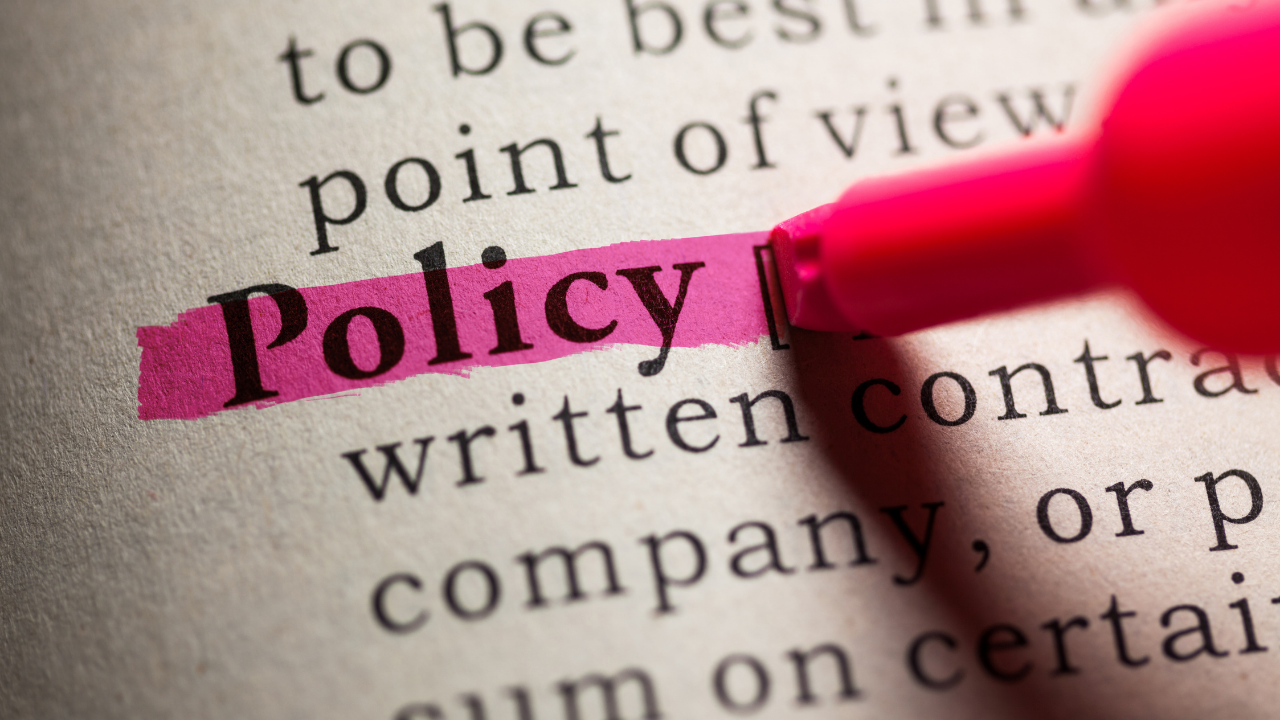How To Fill a Policy & Regulation Gap on Your Resume
Aug 20, 2021
Co-authored by Neha Bhalla
Your technical skills are on point; you can collect field data using mobile equipment, use GIS to map out sampling locations, and communicate the need for sustainable practices. Between labs, internships, and classes, you have all the skills of an environmental scientist — well, almost all the skills.
One of the most common issues entry-level environmental professionals face is a knowledge gap related to policy and regulations. The reality is that no matter what sector of the environmental field you are in — clean energy, waste management, or Environmental, Social, and Governance (ESG) — understanding the various and ever-changing rules and regulations is key to being successful in most environmental jobs, especially consulting and management positions.
Which Regulations Do You Need To Know?
The regulations that you need to be familiar with vary depending on which field you’re in, and to a large extent, your geographic location. If you’re looking to get into sustainability consulting, for example, you will need to get familiar with far more policies than someone who works in wildlife protection.
Here are some basic universal (federal level) rules and regulations and other suggestions. States and local governments will have their own versions or augmentations.
- Clean Water Act (CWA)
- Endangered Species Act (ESA)
- National Environmental Policy Act (NEPA) — specifics vary by state
- Navigable Water Protection Rule
- Check local habitat management plans
- Check municipal master plans
- Check local transportation plans for environmental guidelines and clues to what you need to know
If you’re not sure where to start, that’s where networking comes in! Connect with other professionals in your field about which regulations they use, if they took any courses to fill that gap, and any other advice they might have. This is a great excuse to start a conversation with professionals in your field and start building relationships from there.
Take Courses
There are a variety of avenues to fill this resume gap if you want to go take courses; online options like Coursera are becoming more ubiquitous and comprehensive. Alternatively, find out what courses are offered at your local community college.
Another avenue for gaining this experience is to get a certification in environmental policy. One of the most widely recognized and comprehensive certifications is the Certified Environmental Specialist (CEP). The CEP is structured similarly to an online course and thoroughly reviews many EPA regulations, which are critical to understand in many environmental careers. The course includes information on the Clean Air Act (CAA), Clean Water Act (CWA), Spill Prevention, Control, and Countermeasure (SPCC) rule, Resource Conservation and Recovery Act (RCRA), Emergency Planning & Community Right-to-Know Act (EPCRA), Toxic Substances Control Act (TSCA), Comprehensive Environmental Response, Compensation, and Liability Act (CERCLA or “Superfund”) and environmental compliance planning and expectations.
Attend Conferences
Due to the ever-changing state of the climate, politics, and public opinion, new environmental policies are enforced while old ones are updated every year. In this light, conferences are held throughout the year about environmental policies.
There will most likely be conferences at your state universities once the school year starts, as well as in-person and virtual conferences year-round at local environmental organizations. Many students will have access to conferences at their college for free or for a discounted price, so definitely take advantage of that while you can!
One conference I highly recommend is the National Association of Environmental Professional’s annual Training Symposium, in which NAEP brings in experts across the environmental field to discuss NEPA, climate change, wildlife, career planning, and more. This conference is not only extremely educational, but also a prime opportunity to network with experienced environmental professionals.
Pro-tip: If you can’t afford to attend these conferences, offer to volunteer at them instead; environmental conferences, especially the in-person ones, are often looking for people to help make sure the event runs smoothly. Although you won’t be able to give your undivided attention to the speakers, you will most definitely be able to catch at least part of their speeches and connect with attendees or other volunteers!
Keep Applying To Jobs
As you try to fill this skills gap, make sure to keep your momentum going with your job search! A good company will not only be looking at your skills, but also your potential, initiative, and enthusiasm for the work. Although understanding policy is crucial to most jobs, a company may be able to overlook this gap or teach you relevant environmental policy on the job if you match everything else they are looking for.
If you have another knowledge or skills gap that you’d like to address, don’t hesitate to book a call with me to discuss how we can get you where you want to be!


